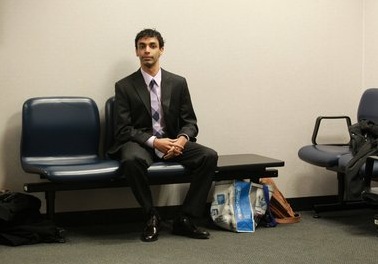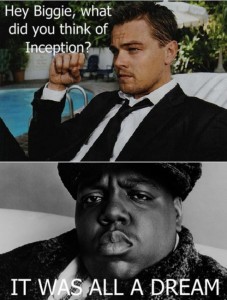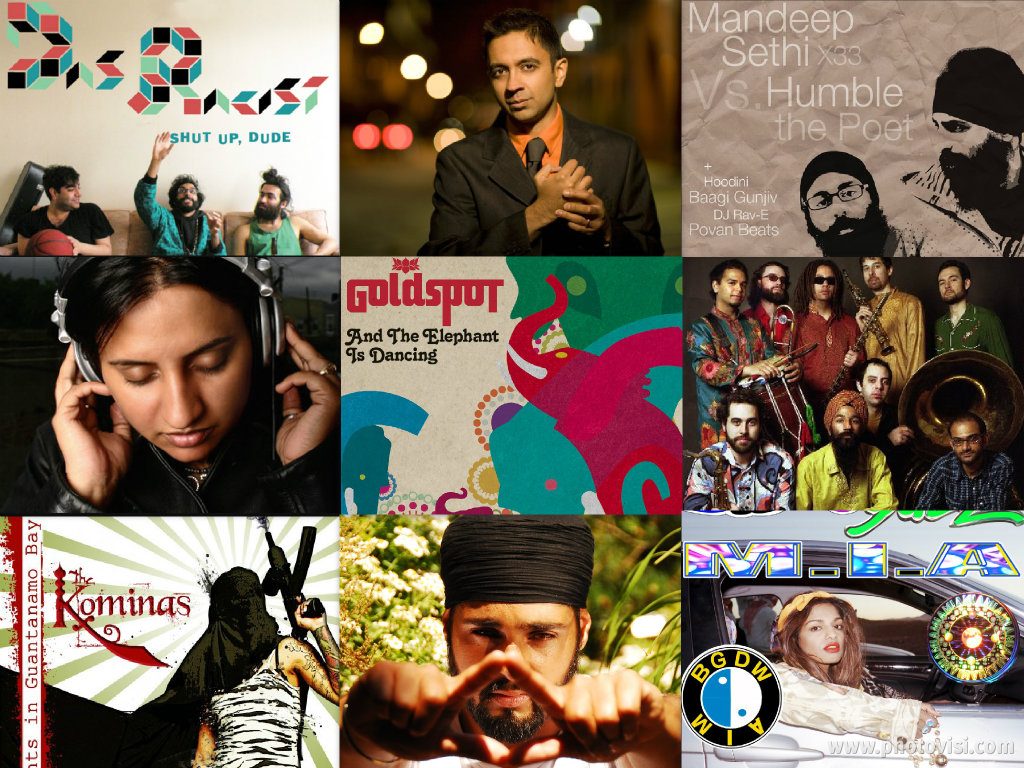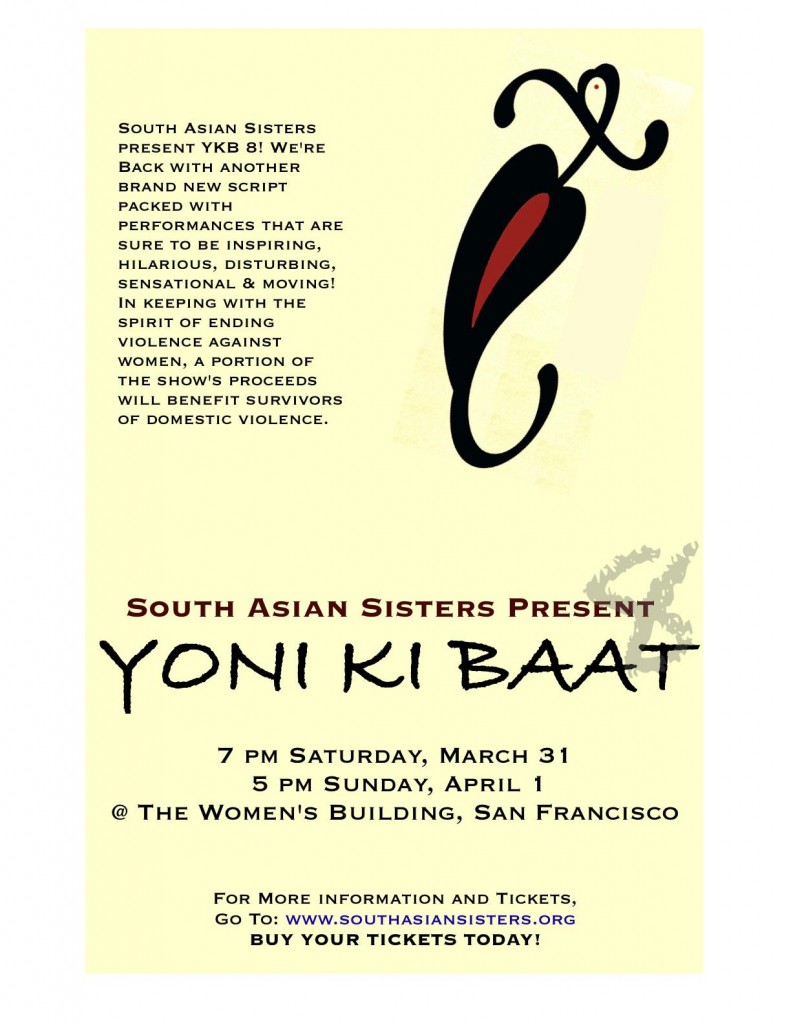I was naive I suppose. I really thought that the jury, upon hearing all the detail that the mass consuming public was not privy to, would acquit Dharun Ravi on all charges, regardless of the fact the prosecutor seemed to be cleverly boxing them in to a particular outcome, armed with ambiguous law. At a minimum I thought the major charges, including the “hate crime,” would be hard to deliberate on, possibly resulting in a mistrial. The comprehensive NewYorker article last month showed that the case, far from being what the media initially portrayed, was full of twists, conflicting behavior, and most importantly I believed, reasonable doubt. A few years back I watched the absolutely brilliant 8-part documentary The Staircase (now apparently free online), about the murder trial of a bisexual man in North Carolina. It forever changed my view of highly publicized trials in America. They seldom have anything at all to do with justice. Everyone involved is a victim. More recently, we saw a miscarriage of justice in the case of the West Memphis three. Ravi’s trial result should not have surprised me.
Ravi is an immature, upper middle class kid and a “casual homophobe” (more on that term later) but he is not a perpetrator of a hate crime. To consider him more than marginally complicit in the death of Tyler Clementi hurts two groups: victims of true hate crimes and the mental health community.

First off, I reject the mostly Right Wing assertion that we should banish the term “hate crime” from our legal system. “Aren’t all crimes hate crimes” they argue? Such arguments are specious an predicated on the belief that political correctedness is the only reason such a label exists. Bullshit. When a man has a chain put around his ankles and is dragged behind a car because he is black, that’s a hate crime. When a Sikh man is shot for being a “Muslim terrorist“, that’s a hate crime. When a gay man is tied to a fence and tortured, that’s a hate crime. Being stupid while you are coming of age and meeting people with different backgrounds than you? Not a hate crime. Most crimes are committed because of anger, greed, jealousy, or mental illness. A hate crime is different. It is often very violent and there is rarely a personal gain. The crime is committed as an act of domination or intimidation, often based on unjustified fear. Nothing about Dharun Ravi’s behavior, as evinced by texts, emails, tweets, and witnesses shows even an inkling of such a motive. One could argue he was more uncomfortable with Clementi’s socio-economic status than his sexuality! He was also uncomfortable about an older man, a stranger, coming into his room and having sex. Many of us may have reacted poorly in such an instance. What opponents of the term “hate crime” get right however, is that the laws are sometimes so ambiguous that a clever prosecution can convince a jury that a wide variety of crimes meet the legal definition of a “hate crime” and that they have to convict based on the definition alone, regardless of common sense. We have seen “terrorism” laws abused in this same way. I would not be at all surprised if Ravi’s case someday reaches the Supreme Court for this very reason.
Continue reading →

 A man would protect them from themselves. You could never, ever, said Priya, underestimate what a relief it was to have someone waiting for you when you returned from the dance bar. ‘To be held,’ she said, ‘even in the arms of a thief, is worth something.’ – Beautiful Thing
A man would protect them from themselves. You could never, ever, said Priya, underestimate what a relief it was to have someone waiting for you when you returned from the dance bar. ‘To be held,’ she said, ‘even in the arms of a thief, is worth something.’ – Beautiful Thing
 For the last four months, I have been trying and failing to finish a book gifted me as a Christmas present,
For the last four months, I have been trying and failing to finish a book gifted me as a Christmas present, 

